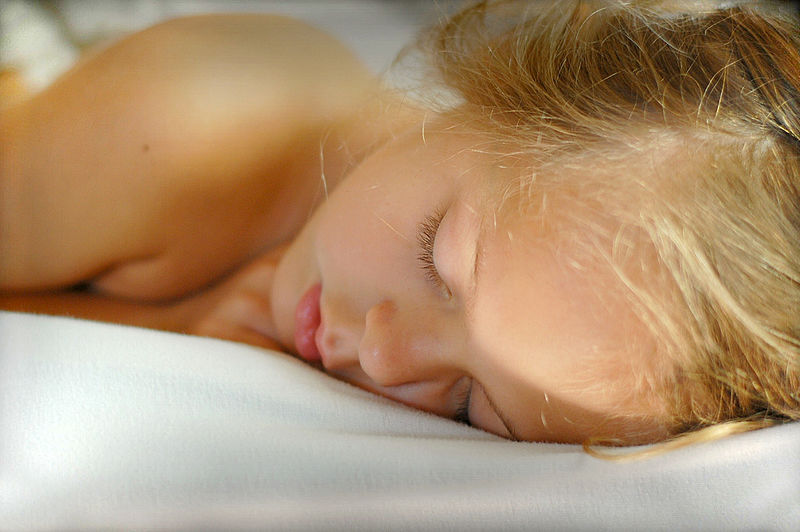

If you’ve ever slept in a hotel, gone camping, or even slept over at a friend’s pad, chances are you’ve woken up the next day feeling groggy and bleary-eyed. Even if you don’t remember tossing and turning, you probably felt pretty tired the next day. Well, that’s because nature dies hard. When we sleep in a new place, our brains are actually in survival mode, only turning half off, with one hemisphere remaining more “awake” than the other. Scientists from Brown University who discovered this phenomenon suggest that it makes us better able to jump awake when strange sounds approach. Their findings are published today in the journal Current Biology.
Sleep scientists have regarded the First-Night-Effect (FNE) in humans as a regular sleep disturbance for some time, but they’ve never fully grasped how it works. So sleep scientist Masako Tamaki and her colleagues took it upon themselves to find out why. Using advanced neuroimaging techniques, they carefully analyzed a number of snoozing brains.
Strangely, they found that the sleeping brains showed asymmetrical patterns of sleep activity, with one hemisphere humming along while the other slept. And while the sprightly hemisphere wasn’t fully awake, it was much more active than the other—even responsive to external stimuli. Subjects in the study experiencing FNE, for example, were jolted awake by “deviant” sounds. A creaking door perhaps. Or a shrieking animal. For most of the subjects, the night watchman hemisphere of their brain was the left side, for inexplicable reasons.

This form of sleep is found in other critters of the animal kingdom as well. “We know that marine mammals and some birds show unihemispheric sleep, one awake and other asleep,” said co-author Yuka Sasaki, in a statement. Whales and dolphins drifting along in the ocean are highly vulnerable when sleeping so sleep with one half of the brain at a time to avoid getting caught unawares. “Our brains may have a miniature system of what whales and dolphins have,” she said.
Armed with this knowledge, sleep scientists are hoping they can find a way to turn this mechanism off—mainly for people who travel often for work that may be perpetually sleeping in this state. But, according to Sasaki, it’s possible that these people might be able to turn this off. “Human brains are very flexible,” she said.